Bridging the Divide – Cultivating Conversation about Climate Change
With two weeks until the general election, we are thrilled to release Bridging the Divide, a short film designed to invite open and honest conversations about climate change across the Six Americas. We hope this video inspires viewers to reach across divides of belief about climate change in their communities, to search together for common ground from which to take climate action, and to support political leaders who are willing to work together on climate change. We think the video speaks for itself, but we wanted to share the story of how this video came to be.
Bridging the Divide emerged as an idea for Laura during her participation as a civil society delegate to COP21 in Paris at the end of 2015. Peyton, a recent college graduate with a passion for sustainability, followed the Paris climate talks closely from North Carolina. From our unique perspectives on one event, we had very similar takeaways. We both felt inspired, hopeful, and ready to engage in climate work as a result of the Paris climate agreement. But we also felt apprehensive about our country’s ability to take this global agreement and implement it at the national, state, and local levels of our government. At the time, we believed that it came down to Republicans voting against climate action and Democrats voting for it and we decided to work together on a project that would encourage North Carolina citizens to take action on climate by voting climate deniers out of office in the general 2016 election.
Fortunately, our research ultimately led us in a different direction. During the spring of 2016, we dove into researching what was known about conservative and liberal values, how those values may play into our diverse perspectives about climate change, and how we might overcome the beliefs that divide us. After 6 months or more of learning about the foundations of human belief and why beliefs change, we both realized this work had created a profound shift within ourselves, one that changed our goals for this project. Instead of voting climate deniers out of office, we wanted to encourage more thoughtful and respectful discussions about climate change among political leaders of both parties.
With this new goal in mind, we drew on research conducted to better understand American beliefs about climate change. We learned that about 30% of Americans are disengaged, doubtful or dismissive about climate change and rarely discuss the subject with anyone. This group of Americans tends to be conservative, older, higher income, Christian, white and male. We also learned in our research that the most effective way to encourage the questioning of beliefs in a group is for respected leaders of that group to share their own experiences of changing beliefs. As we wrapped up this project, we came to understand that sharing the perspectives of these white, older, conservative, southern Christian men has the potential to broaden the perspective of liberals engaged in climate change as well. We were moved by the stories that Richard, Jim and Bob shared with us about faith, leadership, and climate change. We think you will be too.
We could not have completed this project without the support of many people. Dayna Reggero of the Climate Listening Project offered valuable production advice and the project was funded in part by Ullman Consulting and 16 individual donors who responded to a Go Fund Me campaign. Andrea Desky of Call to Action Media generously offered her advice and experience to this project and managed all the technical details of the video production. We give our deepest thanks to Richard Haake, Jim McCoy, and Bob Inglis. They gave us their trust and had the courage to speak openly and honestly about a subject that is not easy to talk about in these times.
There are so many important voices to be heard in the climate change conversation. This video focuses specifically on one group in the hopes of encouraging new voices to enrich and enliven this conversation in ways that support effective climate action. We look forward to engaging with all Americans, no matter their perspective on climate change, as we continue our work to enhance the accessibility, diversity, momentum and resilience of the climate change conversation in this country.
And don’t forget, get out and vote!
Peyton Siler Jones and Laura Lengnick
Cultivating Resilience, LLC

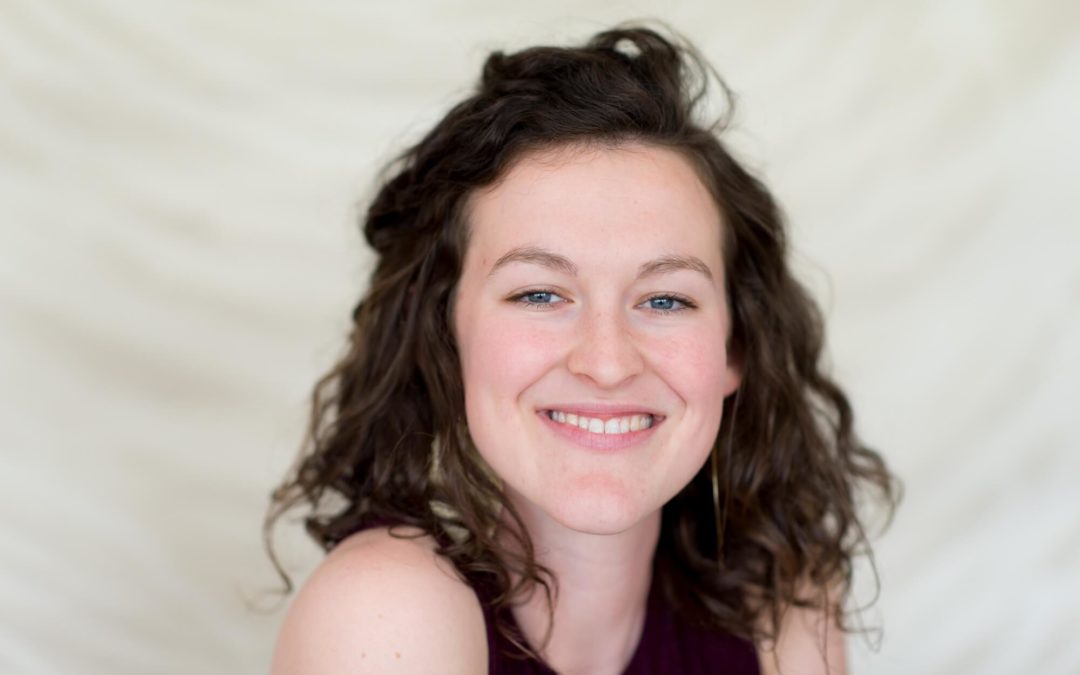
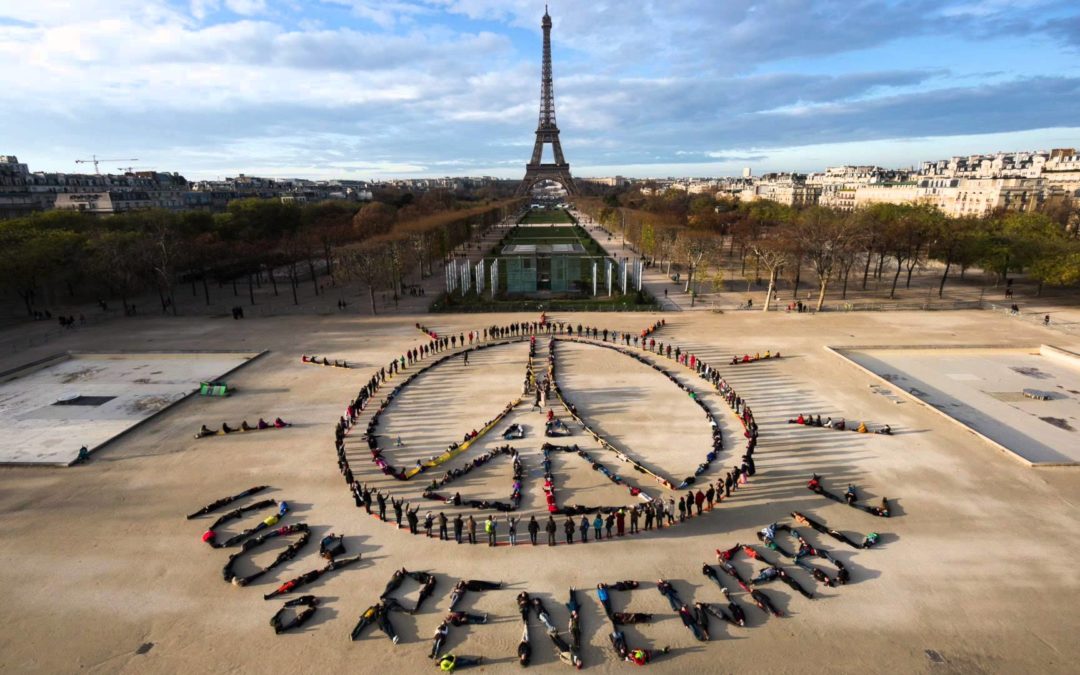
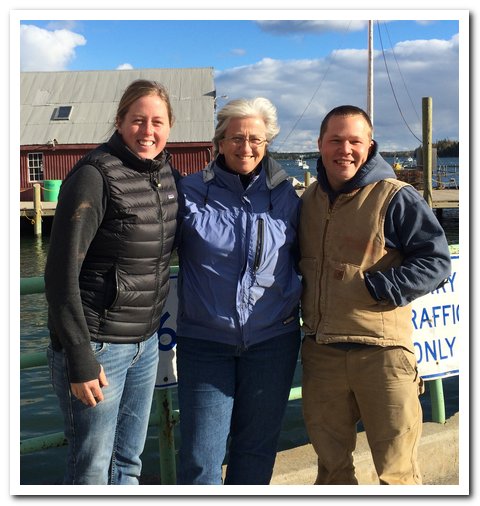
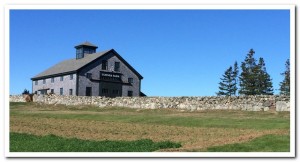
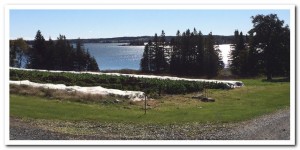
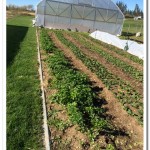
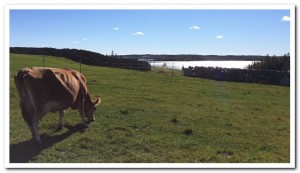
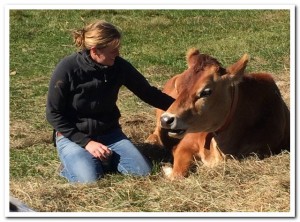

 I had the pleasure of giving a webinar on Oct 15, Stories from the Field, for the
I had the pleasure of giving a webinar on Oct 15, Stories from the Field, for the
Recent Comments